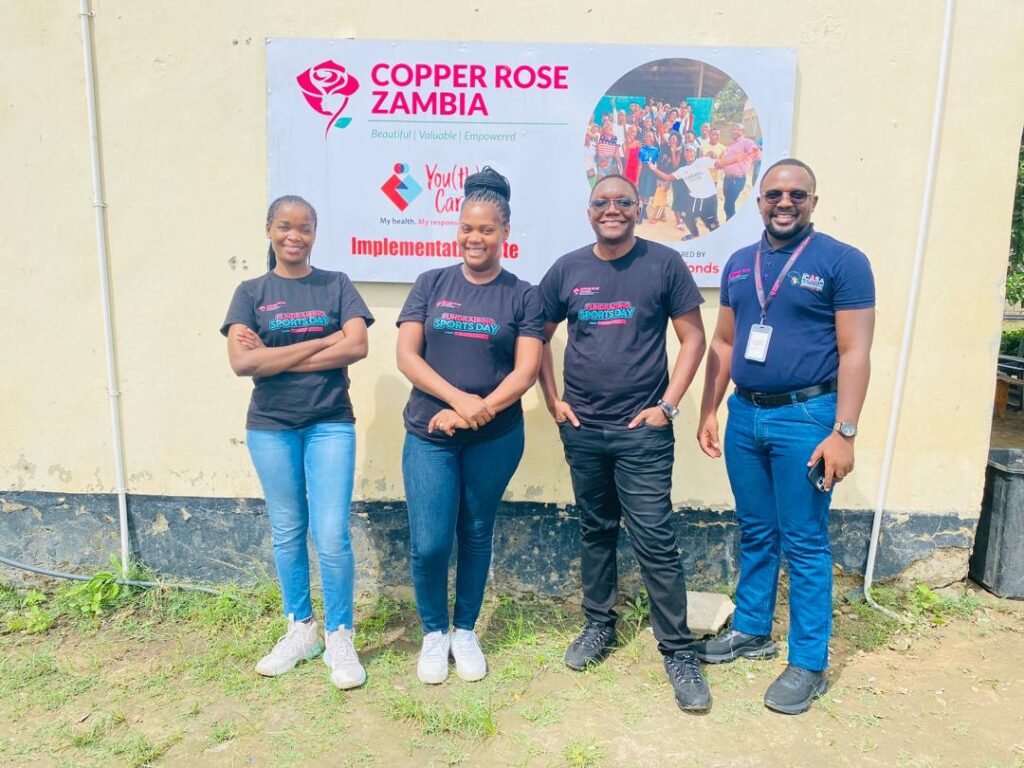
Copper Rose Zambia (CRZ) recently conducted essential monitoring visits to health facilities in Lusaka and Copperbelt provinces, highlighting the crucial role of consistent evaluation in ensuring project effectiveness, sustainability, and alignment with local needs.
These visits provided valuable insights into the work of peer educators and health workers in promoting adolescent health and youth-friendly spaces. While the dedication of these individuals is evident, the team also witnessed the challenges facilities face due to recent disruptions in USAID-funded programs, including data loss and understaffing.
Key takeaways from the monitoring visits emphasised the necessity of prioritising program sustainability beyond project lifespans and fostering a strong sense of ownership within the health facilities themselves.
Furthermore, the importance of actively involving adolescents and young people in decision-making and advocacy was underscored to ensure programs are relevant and effectively address their specific needs.
These on-the-ground engagements, spanning ten diverse health facilities across two provinces, served as a powerful reminder that effective project implementation requires more than just data but meaningful engagement and constructive feedback from beneficiaries and stakeholders
Understanding the local context and the lived experiences of individuals is critical to ensuring strategies are truly aligned with realities. What works in one setting may need adaptation in another, and recognising these differences early is vital for long-term impact.
CRZ extends its gratitude to the dedicated health facility teams and community members who shared their experiences and insights. The lessons learned during these monitoring visits are invaluable, reinforcing the understanding that behind every data point lies a unique story and context that must inform and guide our efforts to effectively support the health of young people.


